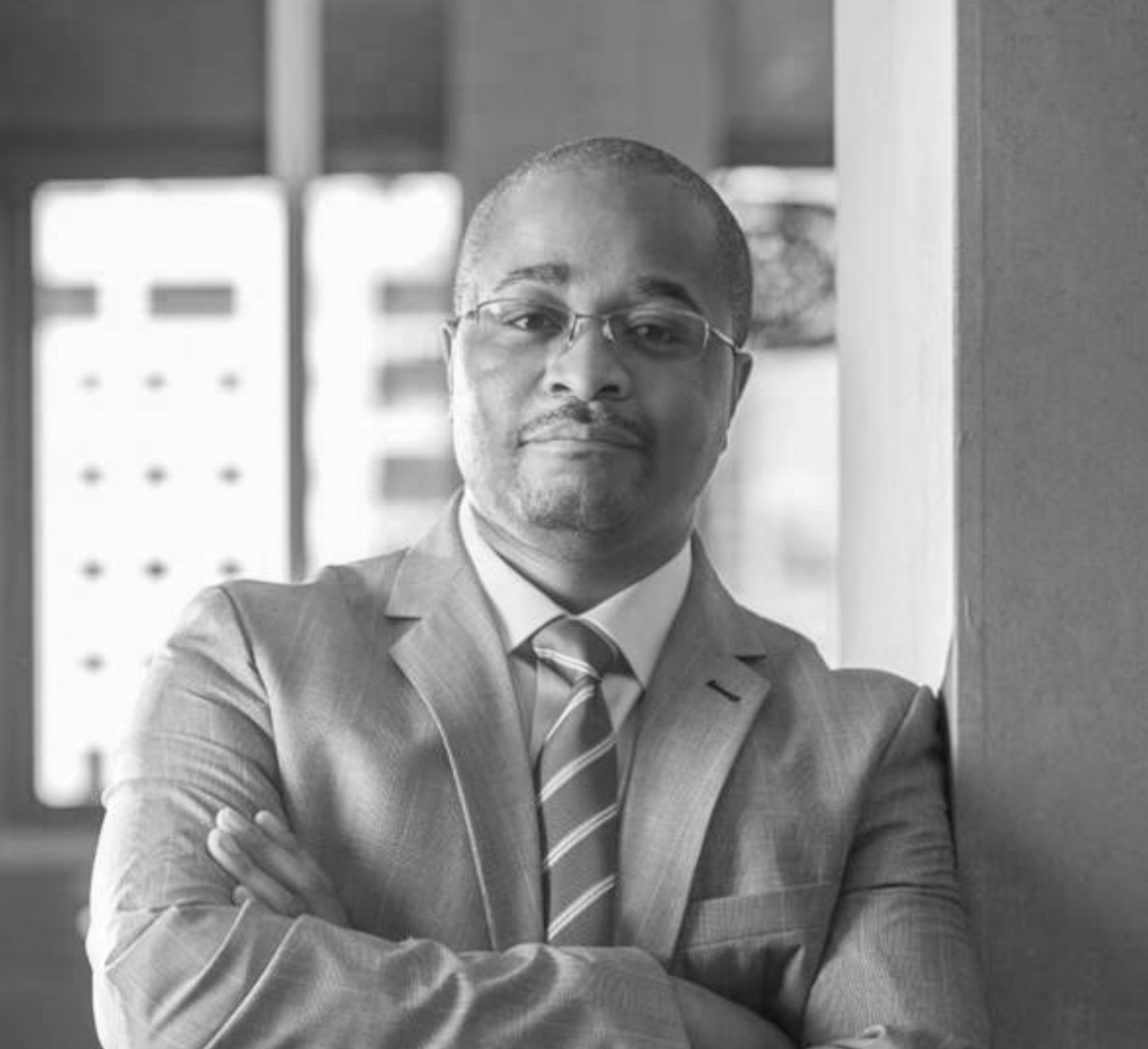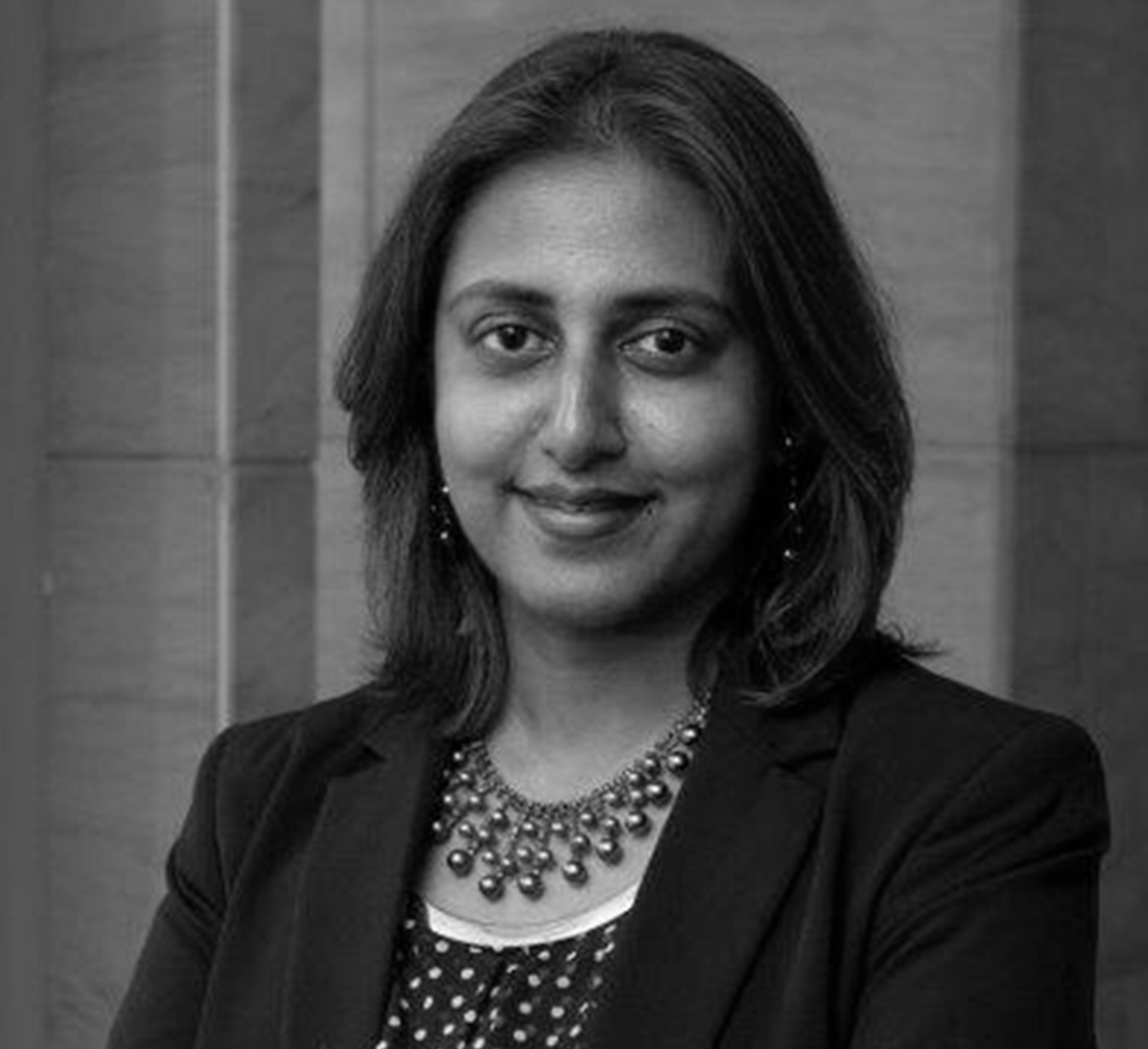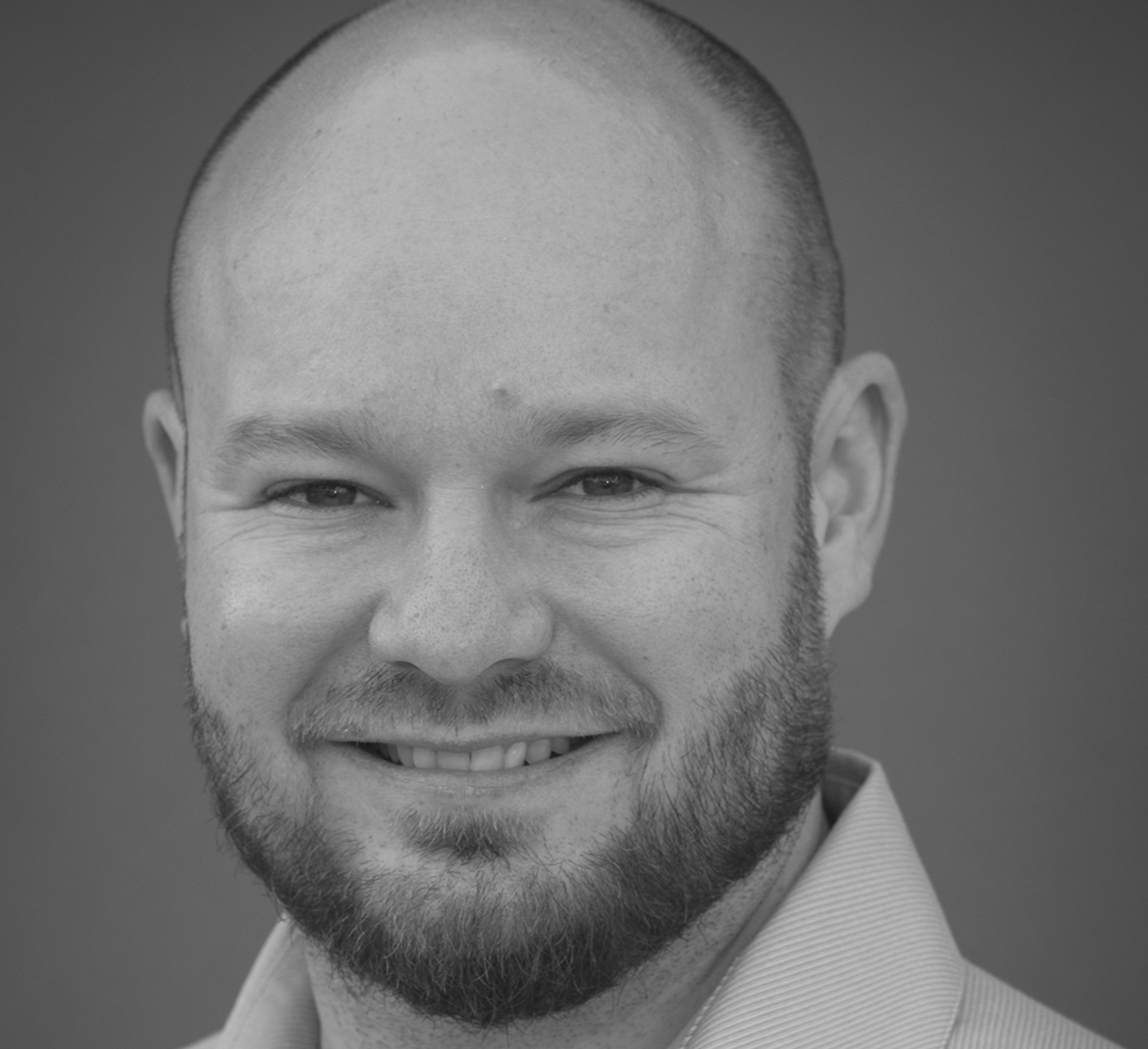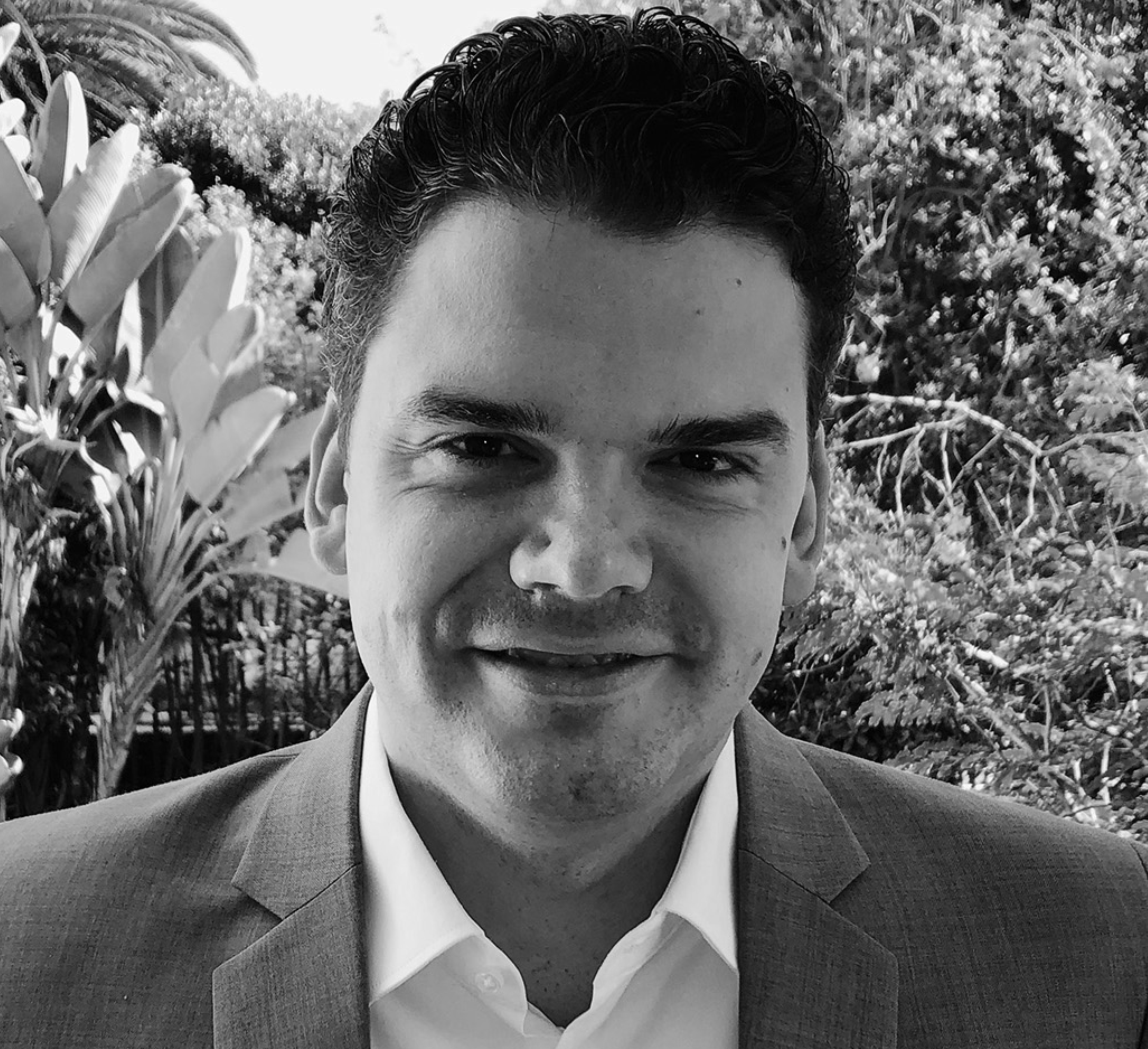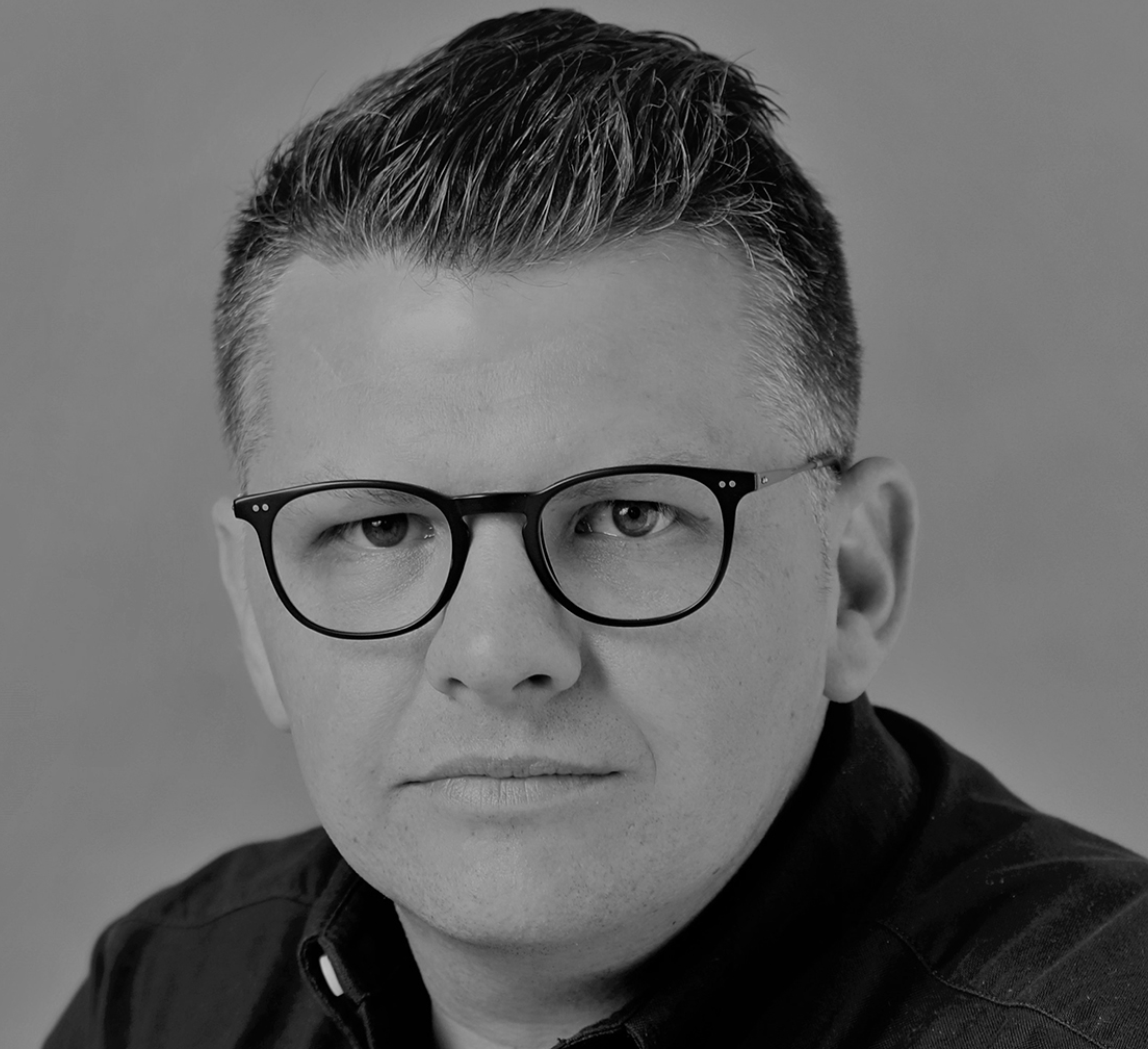98: Makgau Dibakwane
CFO and Acting CEO, Makgau Dibakwane – Fundi Capital
Fundi Capital is not only South Africa’s leading education finance provider but it’s also positioning itself as a brand for the continent. Makgau Dibakwane explains how Fundi is passionate about making a difference in the life of every African through education.

CIARAN RYAN: This is CFO talks and what a pleasure it is today to invite Makgau Dibakwane, who is both CFO and acting CEO for Fundi Capital, that’s a company which is involved in finance education. Prior to that, he worked for many years in the banking sector, most recently, as CFO of commercial finance property at FNB Business, that experience gave him an unparalleled ability to assess the strengths and financial weaknesses of companies, and based on that to project future performance. So, first of all, welcome Makgau, how are you, and are you in Johannesburg?
MAKGAU DIBAKWANE: Thank you, Ciaran, for the invite, good morning, I’m based in Johannesburg.
MAKGAU DIBAKWANE: Thank you very much for that question. Fundi is South Africa’s leading education, finance and education fund management solution specialist, we operate at the epicentre of education, finance and technology. So we think of ourselves as an education fintech. So the purpose of this business is to help others to realise their purpose and to enable their dreams through education. So when I looked at that Fundi mission, it really resonated with me. This business is actually positioning itself as a brand for the continent, where we are able to provide a single source of all services that enable education and the learning journey. Fundi’s innovative solutions span finance and educational solutions, we provide end-to-end bursary administration and support programmes, as well as funds administration solutions. This includes a wide range of supportive educational services that reduce administration and increase productivity for students, parents, bursars and institutions. We aim to deliver a seamless customer experience supported by digital solutions that are platform-based. Fundi is passionate about making a tangible difference in the life of every African through education. So that’s the main thing that really resonated with me because I’m very passionate about education. I’m also very passionate about human settlements, properties, as well as the medical field, because those are primary areas that affect the people on the ground. It’s very important that as an individual that I find a purpose for myself, and Fundi provided that vehicle for me to be able to join something that I believe will actually have a very tangible impact on ordinary South Africans, as well as people on the continent.
CIARAN RYAN: Great, give us an idea of how much lending you do per year or how many bursaries you give. I guess a question that comes up out of that is finance education, you’re financing students but is there collateral involved, is it a typical banking lending model? Maybe explain that a little bit.
MAKGAU DIBAKWANE: Fundi is in a very unique position, Fundi was started about 26 years ago as Eduloan and then it rebranded itself into Fundi when it actually expanded its solutions that it offers to clients, which included education business solutions, such as bursary support programmes, which includes psychosocial support, funds administration, which includes, cash management on behalf of students, institutions and sponsors. Fundi currently provides loans to about 40 000 clients. It supports primarily government employees, so we’re very much involved in the teachers, police and nurses’ empowerment. So that’s primarily our client base and these are the people who are actually supporting the economy in its truest sense. We have teachers who are also improving themselves through our solutions. We actually do not provide bursaries directly, but we provide bursary support programmes. So we actually approach corporates or any bursary provider in order for us to help them manage and be able to properly roll out their bursary support programmes. We help them to ensure that their students are given a holistic learning and supportive experience through psychosocial support, academic and career development support. We also provide mentoring platforms and soft skills development. So that’s basically our involvement in that particular space.
‘It’s a business model where we are able to receive payments directly from the government payroll’
CIARAN RYAN: I see, so it’s more of a service provider to these public sector companies and to corporates who are themselves providing bursaries and loan finance to students or the children of the employees who work there. Is that correct?
MAKGAU DIBAKWANE: That is correct.
CIARAN RYAN: Therefore, I guess if you’ve got a loan book of R500 million, there would be issues around recovery of those loans. When you give a loan, do you have collateral, or do you require collateral, and what is your debt collection experience?
MAKGAU DIBAKWANE: Given that our book is primarily supported by our ability to deduct loans at source, it means that our bad debt experience is relatively low. We have a debt ratio of less than 4% because the majority of our book is through corporate schemes, as well as a government scheme. We have a very small portfolio of debit order business. So that has assisted us to be able to manage the impairment experience.
MAKGAU DIBAKWANE: Fundi is a medium-size corporate that actually for its size, punches way above its weight, and that’s one of the things that really attracted me to this business. I think that primarily comes from where this business was born from and what it is trying to achieve. I think that mainly is what’s able to attract the support of, as you indicated, the heavyweights. We have very strong relationships with institutions, be they universities or private colleges. We also have a relationship with the Department of Higher Education and Training. So through this business and the vehicle of Fundi, we are able to then engage the different stakeholders on key aspects around education. That has allowed us to be able to become the leading education finance business that we are at the moment.
CIARAN RYAN: Right, sorry, I should have introduced Nicolaas van Wyk, the Chief Executive Officer of the South African Institute of Business Accountants. Thanks for that, Nicolaas. Makgau, I wanted to ask you about the impact of Covid on your busines, has it had an impact and how has that impacted the business?
CIARAN RYAN: Okay. Nicolaas, did you want to ask a question there?
Significant investment into technology and solutions
NICOLAAS VAN WYK: Yes, I’m really interested to hear about your technology, I think you described it when we started as a technology company, together with providing these loans. What platform are you using, I’m sure that the investment must be quite big and there’s a continuous investment. The second question is how do you find your students, do you advertise on the internet, do you engage with universities, and are the loans offered at preferential rates? Just tell us a little bit more about that market.
CIARAN RYAN: Nicolaas, did you have a question there?
NICOLAAS VAN WYK: Thanks Ciaran, yes, I was just interested in where…I see you’re a private company but I’m very impressed with your approach in technology, and what I can see in my mind’s eye is the complexity of running any business. That’s why it’s so nice to see that you specialise and when you expand your services, it’s all within your business model, which shows a very nice focus. I was just wondering, your funding, is it privately funded because you’re not a listed company?
MAKGAU DIBAKWANE: Yes, we are privately funded but we’re also funded through our different shareholders within the group, and the PIC is also one of our investors within our shareholding, stakeholders.
NICOLAAS VAN WYK: Maybe as a follow-up question, I’m just reading Makgau’s LinkedIn profile, I see you are a qualified CA, but you started off as a CEO at FNB Lesotho and then moved over to CFO, usually we see that the other way around. Just maybe tell us a little bit about your career development. branch banking business in Limpopo as a provincial finance manager. That role in itself then really gave me the opportunity and opened up the opportunity to be appointed as a CFO in Lesotho. But again, I must say something that is very important, which is something that I always encourage from a leadership perspective is issues around mentoring and giving people opportunities. I must say, I was given an opportunity without major experience to actually go and support a business the size of Lesotho, with its complexities, being in a different jurisdiction. I was appointed in 2010 as CFO and I supported a number of CEOs in that business. We really grew that business in leaps and bounds and I think that’s what then gave me the opportunity to be appointed as an acting CEO in early 2015 when the incumbent CEO was medically boarded. I was in that role for about eight months. However, within our FirstRand stable there are obviously developmental plans and a pool of leaders who the team is always looking to move around and expose to new opportunities based on the needs and what is required in different countries. I was then given the opportunity to actually be appointed as CFO in FNB Botswana, so that’s how I moved from acting CEO into a CFO role but that in itself was a significant shift when moving into a listed entity on the Botswana Stock Exchange, quite a considerable size bank with significant market share in that country, as well as being, at that time, it was the largest bank on the stock exchange. So that in itself was how my career was shaped within the FirstRand Group. Then I came back to South Africa and coming back to South Africa I had the opportunity to work on various projects with the CFO of FNB South Africa, around improving the business model. Then I joined FNB Commercial but after a year with FNB Commercial I really felt the need to expand myself further because I already had the bulk, right, of operating at a C-suite level in a company, I then made a decision that I would leave the FirstRand Group to take up an opportunity that I believe would be able to propel me from a career perspective and give me an opportunity to really be in a position where I fully drive the business, together with the CEO, as well as the board, and Fundi provided me with that vehicle. I really was very excited with that opportunity.
CIARAN RYAN: Nicolaas, maybe you can answer this question, this question about the skillset of the modern CFO. You’ve spoken before about some research that’s been done overseas, and also the fact that the South African Institute of Business Accountants has developed this designation called the CFO (SA). Why is that necessary, where is the lack, where is the skills gap here that is behind this?
NICOLAAS VAN WYK: Yes, I couldn’t agree more with Makgau, he said it so eloquently. From when you finish your studies as a typical accountant, you then are exposed to the world of work and then you have to develop those leadership skills that he mentioned, as well as being able to become a people’s person, to work with teams, from your board level to your fellow executives, and so down the hierarchy. That is something, like he said, you only can get with experience. So what we’ve done at SAIBA was to look at this scenario and develop a designation for CFOs that’s awarded after you have gained all these experiences because like Makgau said, it’s such a unique set of skills and it’s such a valuable experience that’s gained. So we felt that these people need a separate type of designation. When it comes to the universities, we are talking with them to see if we can backward engineer what Makgau has been explaining to us, so that when you start your studies you can actually aim to one day become a CFO because we don’t think that there’s currently a qualification for that. So that is what SAIBA has been doing on a designation level with universities, especially then to get super qualified and experienced CFOs because South Africa’s economy really needs that.
CIARAN RYAN: Are you optimistic for the future? Given what you’ve just been talking about and all the difficulties that we’ve had with the lockdown. But the demand for education is always there and it just keeps on coming year after year, right?
MAKGAU DIBAKWANE: I am an optimist naturally; I always believe there’s something better and greater than what is. Despite our challenges as a country, I believe there are more people who want to see positive change and to try and drive the country to new heights. There are more good people than bad, otherwise we would be in anarchy. There’s a lot of work to be done, a lot of bad to be undone to drive the country to growth, despite the pandemic challenges. There will always have to be difficult economic policy decisions that have to be made that will not be popular but are necessary to put us as a country on the right path.
‘Some of my reading has been focused on understanding people better’
CIARAN RYAN:
MAKGAU DIBAKWANE: I’ve read a lot of leadership books in the past but one thing I’d like to share is that since the pandemic I have personally taken a more self-actualisation journey, and I think that’s what a lot of people need to do. We all need to introspect and review what are the things that are important to all of us. I’ve been focusing a lot on centering myself. Some of my reading has been focused on understanding people better. I was currently reading a book called Becoming Supernatural – How Common People Are Doing the Uncommon by Joe Dispenza. It’s not business focused but it provides one with tools and disciplines, ranging from cutting-edge physics to practical exercises such as walking and meditation. It helps me to step out of the physical reality and into deeper aspects to consider infinite possibilities and that book has a very strong focus on neuroscience, so it’s all about the brain. The author shares how you can train your brain, rewire your brain to access transcendent levels of awareness. So for me, that is something that is very critical. Another book that I’m currently reading is something that is in my wife’s collection, she’s a counselling practitioner, and I’ve been reading some of her books. One of them is a book by Henrik Fexeus and it’s called The Art of Reading Minds: How to Understand and Influence Others Without Them Noticing. It teaches one to master the art of persuasion and to uncover what people are saying, especially without non-verbal communication. So for me, the focus is on self-improvement and understating others, and being able to influence other people’s way of thinking in a positive way.
MAKGAU DIBAKWANE: Thank you very much for the opportunity.

